What is healthcare science?
Healthcare science is a profession that includes more than 50 areas of applied science that support diagnosis and treatment. There are more than 56,000 healthcare scientists working in the NHS and public health services. Together they provide the scientific backbone of the NHS and their work underpins 80 per cent of all diagnoses. Their role stretches across the whole innovation pathway from academic and translational research, to patient-centred service transformation.
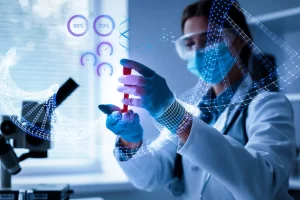
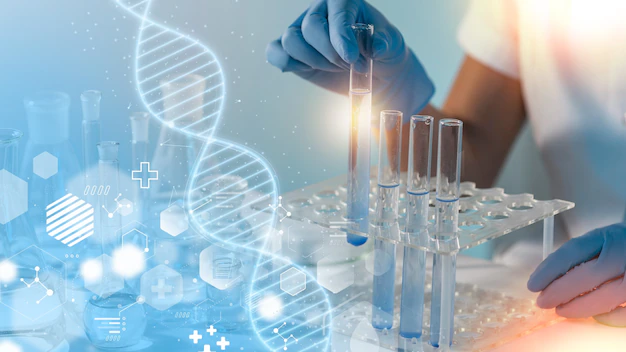
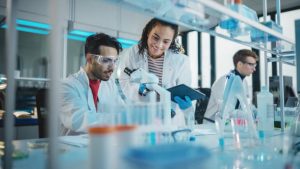
South England Healthcare Science Network
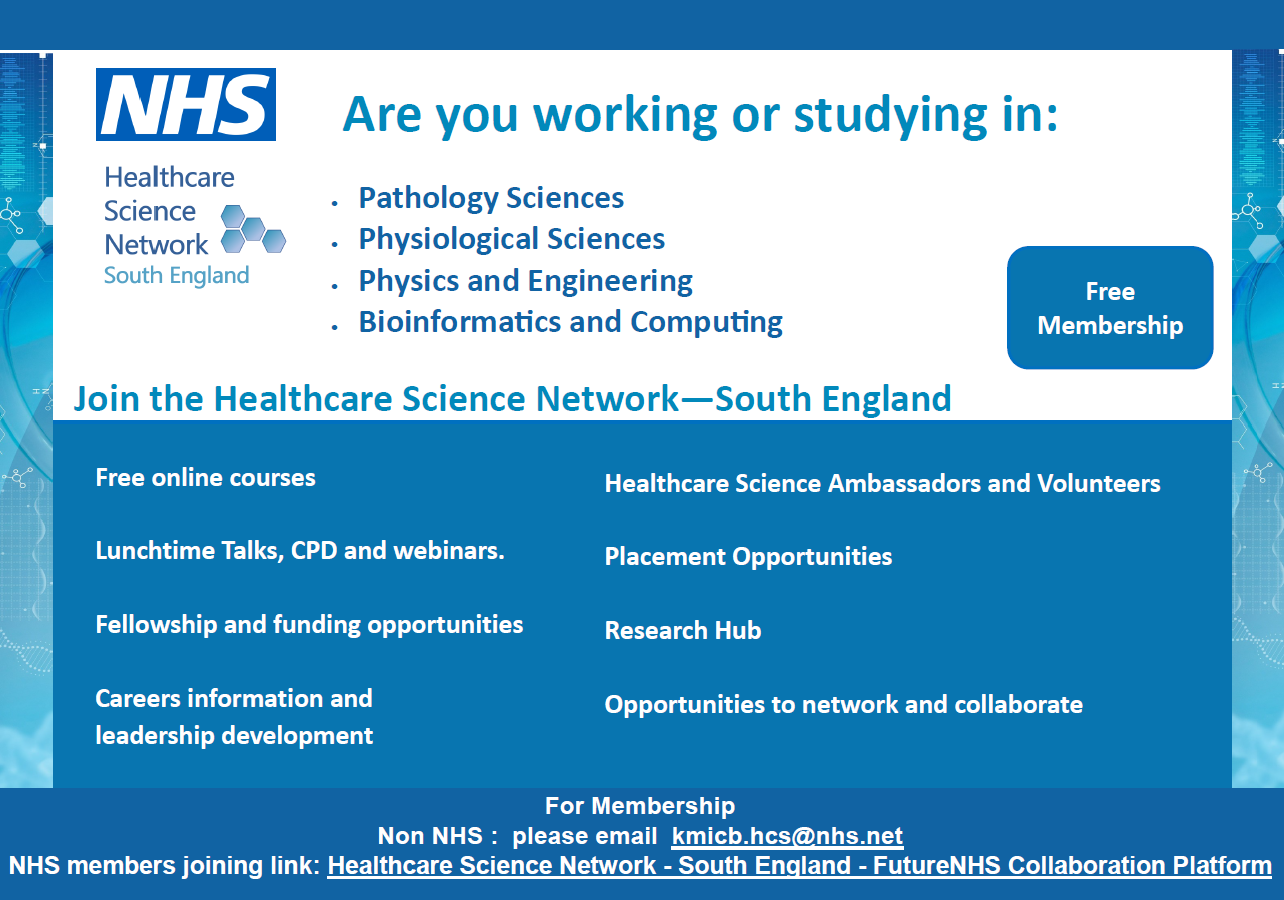
Are you interested in a career in healthcare science? Or do you currently work or study in a healthcare science related field? We’re delighted to offer you membership of the South England Healthcare Science Network.
This is an NHS resource and membership is free of charge.
Membership benefits include:
- routes into healthcare science professions
- training and education pathways
- more than 200 continuing professional development materials
- links to free resources, including webinar programmes, lunchtime talks series and education and training courses
- networking with people in the NHS, academic and government sectors
- free teaching resources for education establishments.
If you have a project you need to collaborate on or would like to create a new group of healthcare science professionals to network with, why not set it up here on the Healthcare Science Network?
For free membership:
- NHS employees: please click this link and join the network
- non NHS please email kmicb.hcs@nhs.net for membership.
Healthcare science specialisms
Laboratory (pathology) sciences include the following specialisms:
- analytical toxicology
- anatomical pathology
- blood transfusion science/transplantation
- clinical biochemistry including paediatric metabolic biochemistry
- clinical genetics/genetic science
- clinical embryology and reproductive science
- clinical immunology
- cytopathology including cervical cytology
- electron microscopy
- external quality assurance
- haematology
- haemostasis and thrombosis
- clinical immunology
- histocompatibility and immunogenetics
- histopathology
- microbiology
- molecular pathology of acquired disease
- phlebotomy
- tissue banking.
Physiological sciences include the following specialisms:
- audiology
- autonomic neurovascular function
- cardiac physiology
- clinical exercise physiologist
- clinical perfusion science
- critical care science
- gastrointestinal physiology
- neurophysiology
- ophthalmic and vision science
- respiratory physiology
- urodynamic science
- vascular science.
Medical physics and clinical engineering include the following specialisms:
- biomechanical engineering
- clinical measurement and development
- clinical Pharmaceutical Science
- diagnostic radiology and MR physics
- equipment management and clinical engineering
- medical electronics and instrumentation
- medical engineering design
- clinical photography
- nuclear medicine
- radiation protection and monitoring
- radiotherapy physics
- reconstructive Science
- rehabilitation engineering
- renal dialysis technology
- ultrasound and non-ionising radiation.
Bioinformatics include the following specialisms:
- clinical bioinformatics and genomics
- computer science and modelling
- specialist health informatics and analysis.
Integral role of the healthcare science workforce in improving patient outcomes
The healthcare science workforce is a unique, diverse and specialised community within the NHS who use their knowledge and expertise to develop, design and deliver transformative patient care.
There are more than 56,000 people that make up this healthcare science workforce, working in the NHS in more than 150 service areas across pathology and laboratory science, physiological sciences, data science and bioinformatics, and in medical physics and clinical engineering.
Diagnostic and scientific investigations and interventions can accurately detect health risk and disease at earlier stages. They are crucial in providing earlier access to treatments, disease management, as well as reducing subsequent health problems and their associated costs. These investigations and interventions serve a key role within the health service by influencing the quality of patient care, health outcomes and downstream resource requirements.
The healthcare science workforce delivering these services is fundamental to clinical decision-making and providing patients with timely, high quality, state of the art care. They collectively underpin the delivery of over a billion diagnostic and scientific investigations and treatment interventions a year, including pioneering whole genome sequencing, proton beam and chimeric antigen receptor T-cell (CAR-T) therapy. They ensure the equipment and protocols used are safe, effective and evidence based.
Healthcare science careers
Click here to find information about Healthcare science | Health Careers
- How do I become a healthcare scientist? How to become a healthcare science professional | Health Careers
- Real-life stories Real-life stories - healthcare science | Health Careers
- A range of opportunities available Roles in healthcare science | Health Careers
Explore healthcare science vacancies in the NHS
Explore videos from the network's YouTube channel
Click on the image below for links to the Network's YouTube channel
Meet Kent and Medway's healthcare scientists
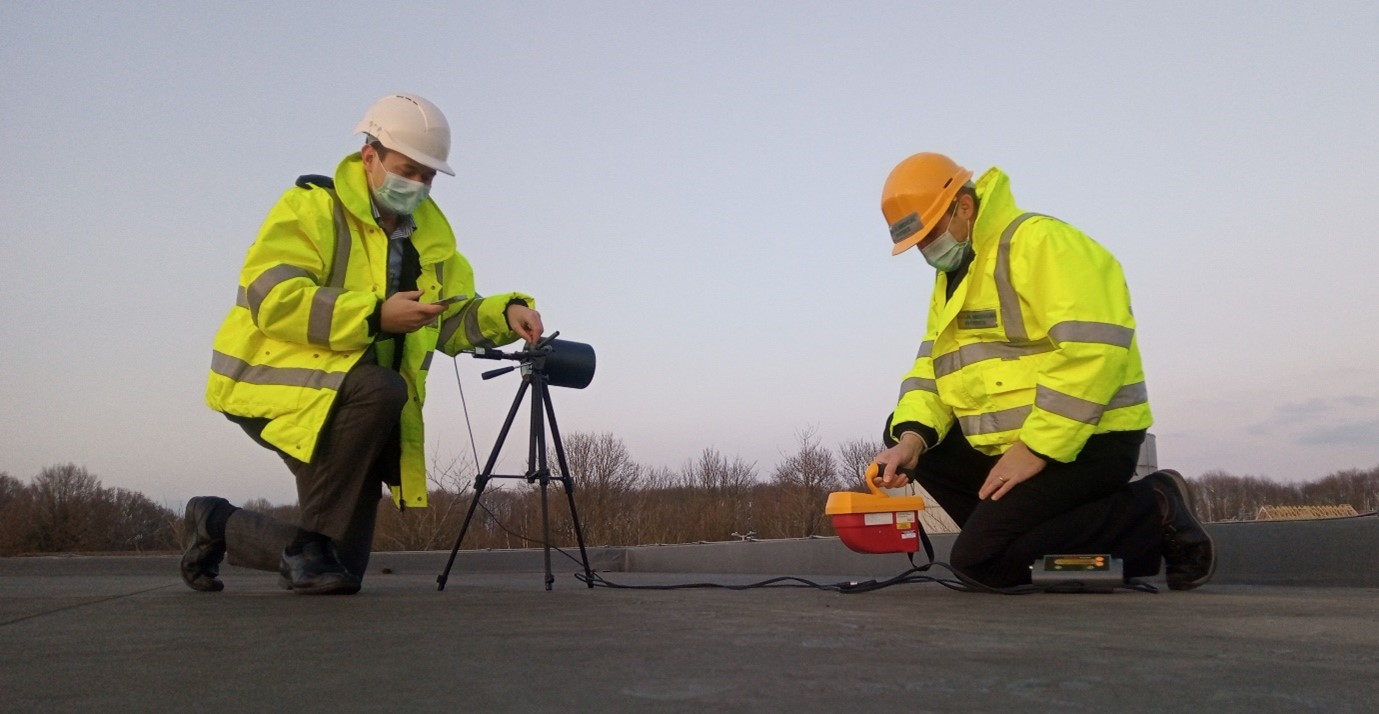
"My name’s Mark Knight – that’s me on the right-hand side of the photo. The photo shows me and my former colleague Joel on the roof of a PET scanner building, making radiation safety measurements to plan for a new building next door. This was taken during my previous role in medical physics.
The photo sums up some of the best things about working in medical physics: A continual need for problem solving, scientific analysis and looking for creative solutions. No day at work was ever the same and medical physics is a great career option for anyone who values an interesting and varied working life.
I’m now the chief healthcare scientist at NHS Kent and Medway Integrated Care Board.
In my current role, I work with health and care, academic and government organisations to develop healthcare science strategy across Kent and Medway. This includes working on new medical programmes for patients, as well as education and training and has involved diverse work in areas such as artificial intelligence, virtual reality, pop-up and rapid-access services. It’s a great job and I love meeting a wide range of people in my daily working life.
That’s one of the great things about working in the NHS – you can use your skills to move between roles to try something completely different."
Kent and Medway Integrated Care Board Chief Healthcare Scientist Mark Knight
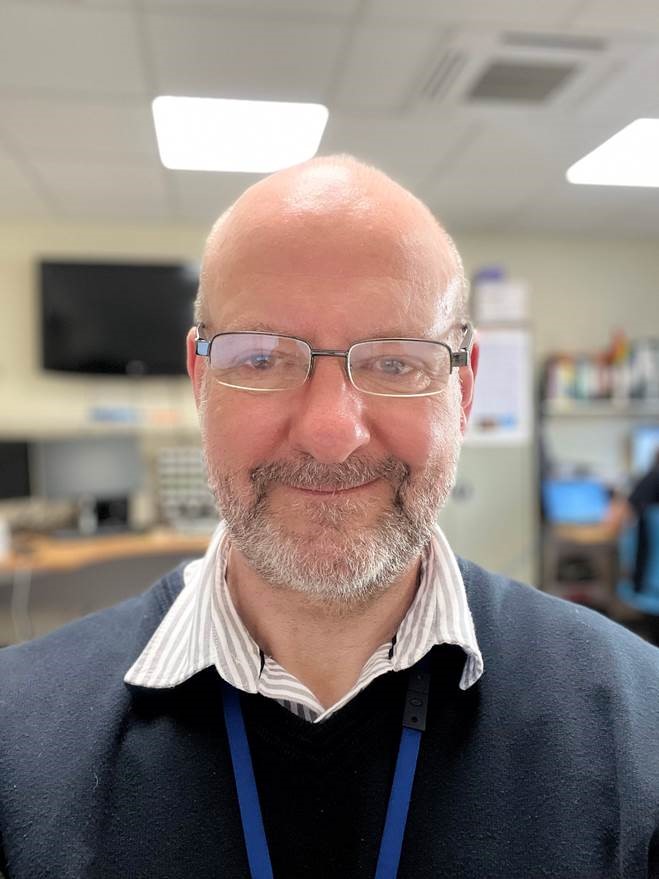
"As deputy head of radiation engineering at Maidstone and Tunbridge Wells NHS Trust, I work primarily on radiotherapy equipment at the Canterbury and Maidstone sites. We have a team of nine engineers within the trust, all with their own areas of speciality, but as a team, we cover every aspect of the engineering needed to keep our equipment running. I work with great people and enjoy the medical equipment field as the complexity and variety of the equipment means every day is a new challenge with new problems."
Maidstone and Tunbridge Wells NHS Trust Deputy Head of Radiation Engineering David Margetts

"As a biomedical scientist in haematology and blood transfusion, I test patient blood samples and make sure the results are valid and accurate for the patient. Doctors make a lot of decisions based on these results with more than 80 per cent of diagnoses made based on laboratory testing. Therefore, our role in maintaining analysers, interpreting and investigating results and performing regular quality checks makes sure doctors have accurate information to make decisions on your healthcare."
Haematology and Blood Transfusion Biomedical Scientist Allana Dickson
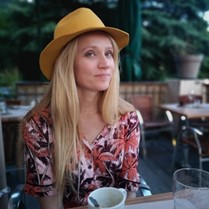
"I have been a cardiac physiologist for 25 years and am very passionate about our profession. I completed a BSc Applied Physiology in 1995 and was lucky to get a training post at Leeds General Infirmary.
From there, I moved to London and worked at various tertiary centres over the years including Harefield Hospital, GSST including Evelina Children's Hospital, and The Heart Hospital. I now work as lead cardiac scientist at Maidstone and Tunbridge NHS Trust where I have helped to establish a complex ablation service.
Working in a number of centres has given me varied experience of cardiology which has included transplant and paediatric cardiology. I am a specialist in electrophysiology and have done EP for around 19 years. During that time there have been so many changes. The exciting part about the job is keeping up with the latest technologies and techniques in EP and device therapy. You never stop learning, and helping patients is one of the most rewarding parts of the job."
Maidstone and Tunbridge Wells NHS Trust Cardiac Physiologist Anne-Marie Linton
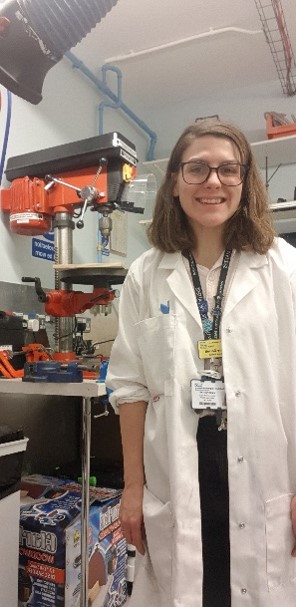
"I am a clinical scientist working in clinical engineering, more specifically, assistive technology. I love that I am helping people. It is great to work directly with patients and see the impact of our intervention first hand. I love the diversity of my day-to-day job, all the people I work with are unique with their own challenges and abilities which need to be considered when finding the best solution for them. I particularly enjoy the challenge of designing and developing custom equipment for patients with particularly complex needs."
Deputy Head of KM CAT Clinical Engineer Claire Garrett
Kent and Medway Communication and Assistive Technology (KM CAT) Service (Adult Team) East Kent Hospitals Universities NHS Foundation Trust

